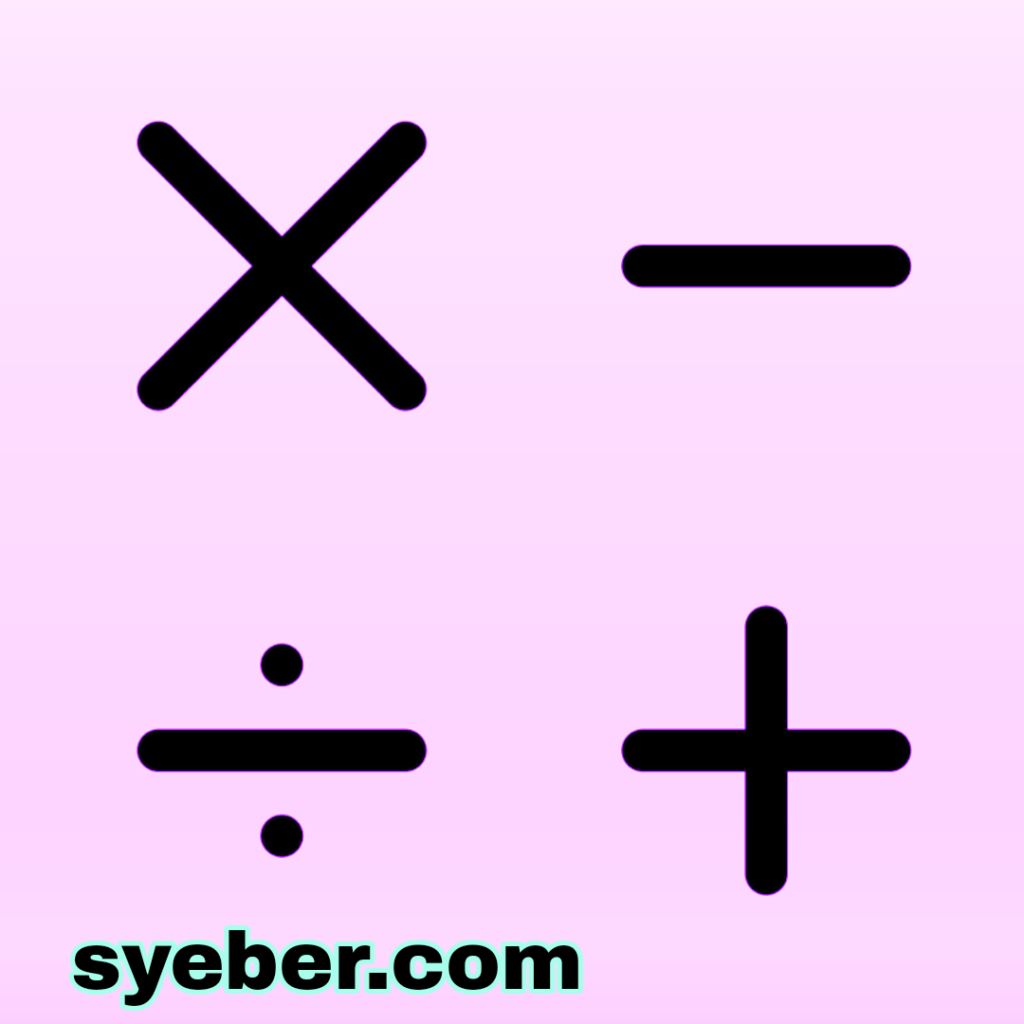
Calculator: A Comprehensive Guide
In today’s fast-paced world, calculators have become an indispensable tool for various tasks, ranging from simple arithmetic calculations to complex scientific computations. Their versatility and ease of use have made them a staple in homes, classrooms, and professional settings alike. Let’s delve into the world of calculators, exploring their types, features, applications, and the future they hold.
Introduction to Calculators
The advent of calculators has transformed our approach to solving mathematical problems. From the abacus to the modern digital calculator, the journey of calculation devices has been nothing short of remarkable. These devices have significantly enhanced efficiency and accuracy in numerical tasks, making them an essential part of our daily lives.
Types of Calculators
Basic Calculators
Basic calculators are crafted to execute fundamental mathematical operations, covering addition, subtraction, multiplication, and division. Renowned for their intuitive layout, they are widely utilized for routine computational needs.
Scientific Calculators
Scientific calculators offer advanced mathematical functions such as trigonometric, logarithmic, and exponential calculations. They are commonly used in academic and professional settings, including mathematics, engineering, and science.
Graphing Calculators
Graphing calculators empower users to plot graphs and solve equations graphically, offering a valuable tool in mathematics and science education. Their ability to visualize mathematical concepts effectively enhances student learning experiences.
Financial Calculators
Financial calculators are specialized tools for solving financial equations such as interest calculations, loan payments, and investment analysis. They are valuable for professionals working in finance, banking, and accounting sectors.
Features to Consider When Buying a Calculator
When choosing a calculator, several factors need to be considered to ensure it meets your requirements.
Display
A clear and easy-to-read display is essential for comfortable usage, especially for complex calculations.
Functions
The range of functions offered by a calculator determines its versatility. Ensure it includes the necessary functions for your specific needs.
Battery Life
Long battery life is crucial, especially for portable calculators used on the go or during examinations.
Size and Portability
Choose a size and design that suits your preferences and ensures portability if you need to carry it around frequently.
How to Use a Calculator Effectively
Basic Operations
Mastering basic operations like addition, subtraction, multiplication, and division is fundamental for efficient calculator usage.
Advanced Functions
Explore the advanced functions of your calculator, such as square roots, percentages, and memory functions, to unlock its full potential.
Tips for Efficient Calculations
Develop shortcuts and strategies for quick and accurate calculations, saving time and effort in your daily tasks.
Applications of Calculators
Calculators find applications across various domains, including:
Education
In classrooms, calculators facilitate learning by simplifying complex mathematical concepts and speeding up calculations.
Finance
Financial professionals rely on calculators for analyzing investments, managing budgets, and performing financial calculations accurately.
Engineering
Engineers use calculators for designing, analyzing, and solving complex equations in various engineering disciplines.
Everyday Life
From budgeting expenses to calculating cooking measurements, calculators play a vital role in everyday tasks, making them more manageable and efficient.
The Future of Calculators
As technology continues to advance, the future of calculators holds exciting possibilities. Integration with other devices and technologies such as smartphones and artificial intelligence is likely to enhance their capabilities further. The evolution of calculators is poised to continue, adapting to the changing needs of users in the digital age.
Conclusion
In conclusion, calculators have evolved from simple arithmetic devices to sophisticated tools with diverse functionalities. Their significance in education, finance, engineering, and everyday life cannot be overstated. By understanding the types, features, and applications of calculators, users can harness their power effectively to simplify tasks and enhance productivity.
FAQs
- Are calculators allowed in exams?
- Yes, in most cases, calculators are permitted in exams, but specific guidelines regarding their usage may vary.
- Can I use a scientific calculator for basic calculations?
- Absolutely! Scientific calculators include basic arithmetic functions along with advanced features.
- How do graphing calculators and scientific calculators differ from each other?
- A graphing calculator can plot graphs and solve equations graphically, whereas a scientific calculator focuses more on mathematical functions and scientific computations.
- Do calculators require regular maintenance?
- Generally, calculators are low-maintenance devices. Keeping them clean and replacing batteries when needed should suffice.
- Can calculators perform complex mathematical operations?
- Yes, modern calculators are equipped to handle complex mathematical operations, including trigonometry, logarithms, and calculus.